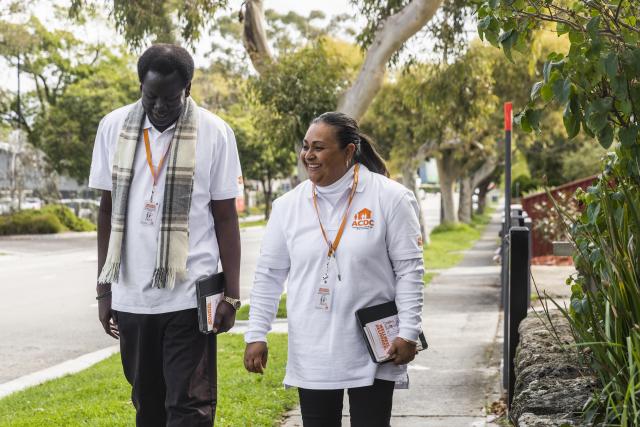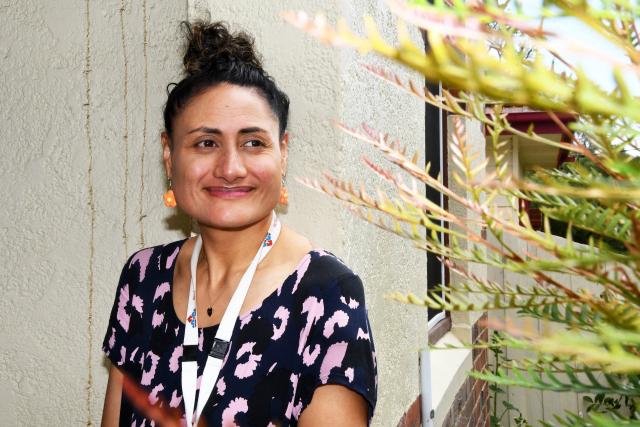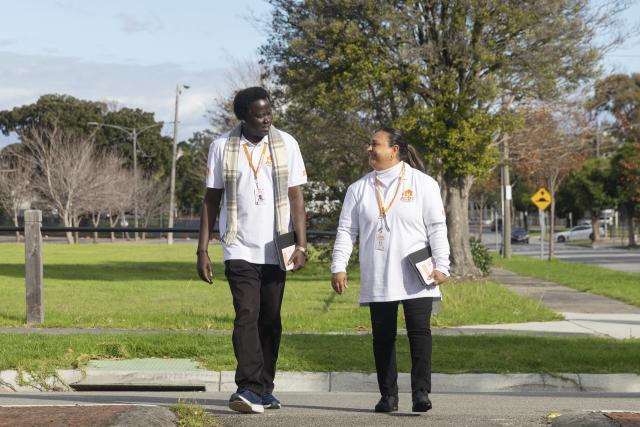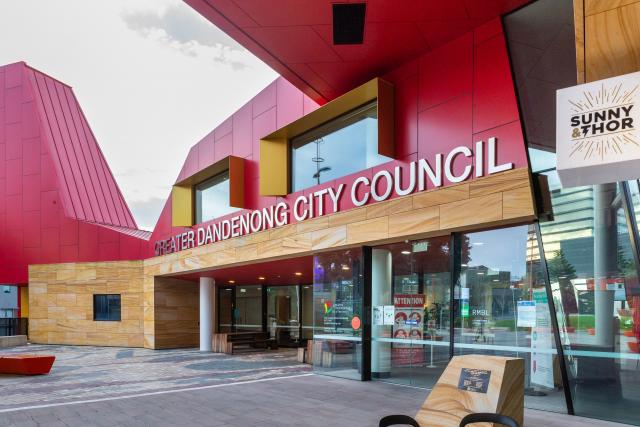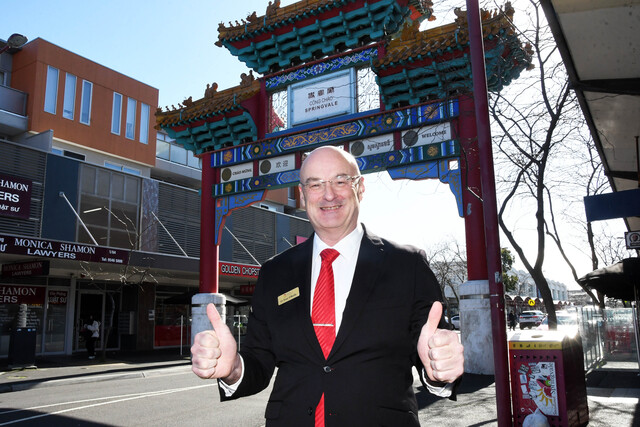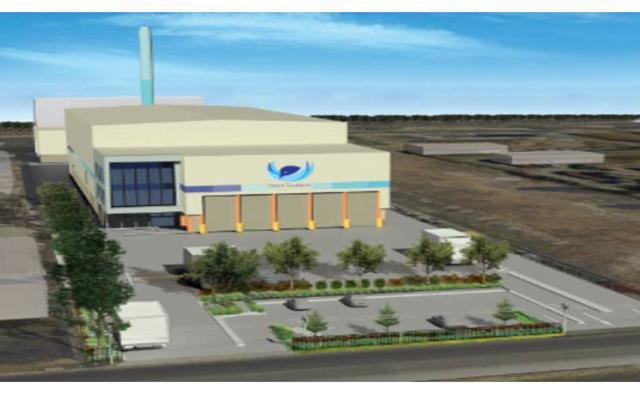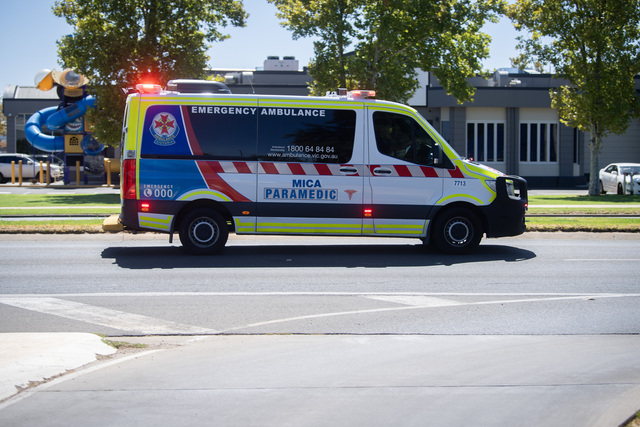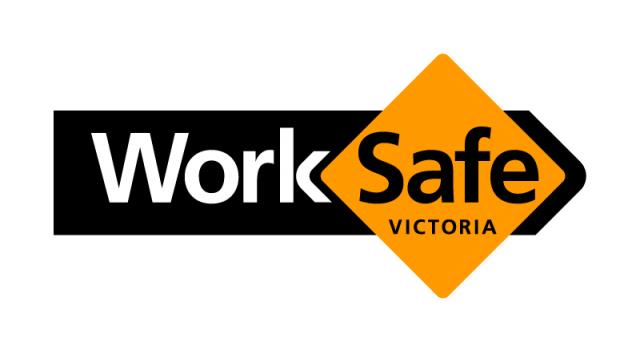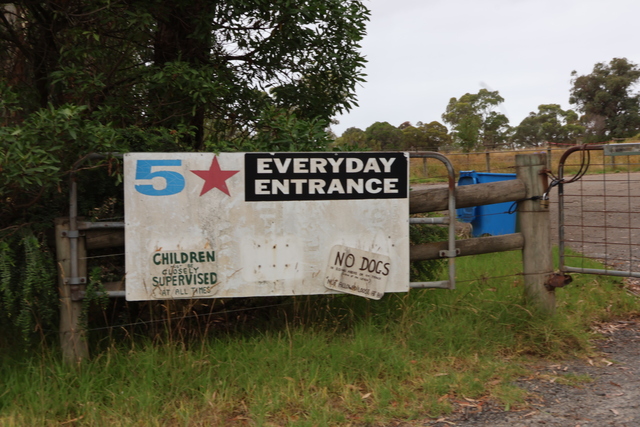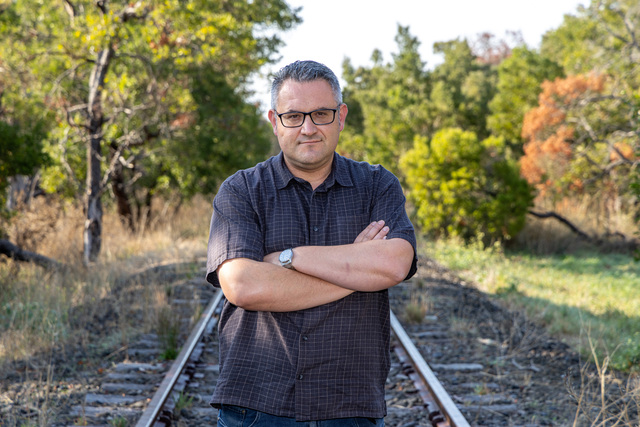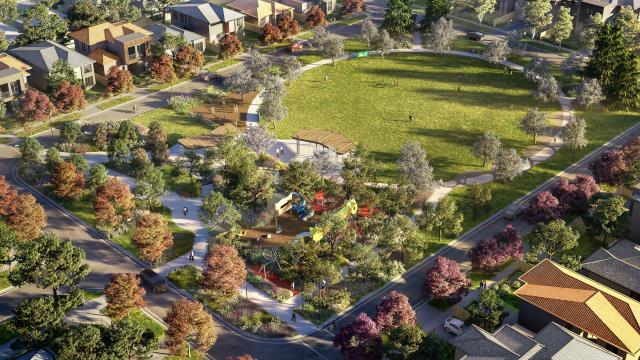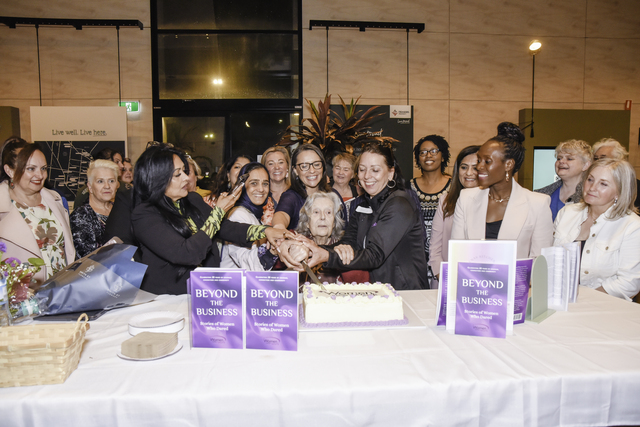In a pioneering mental health survey, doorknockers have detected significant stress and distress levels in Dandenong and Dandenong households.
This year, the Assisting Communities through Direct Connection (ACDC) Project’s People Connectors visited nearly 1,206 residents.
Out of 294 who completed a survey, 27 per cent reported high or very high distress – more than double the national average.
And nearly one in five didn’t know where to seek help.
Their top three challenges were housing, financial stress and climate change.
In other findings:
– 51 per cent didn’t get the mental health care they needed.
– Nearly one in four reported barriers in connecting to telehealth services.
– 36 per cent were worried about their housing and living conditions.
“The downstream personal, social, and economic costs of not addressing these barriers and access to services as early as possible are huge,” Community Mental Health Australia (CMHA) chief executive Bill Gye said.
CMHA runs the ACDC project, with the doorknockers or ‘connectors’ coming from Dandenong Community and Learning Centre.
As well as collecting data, the outreach project’s connectors often provided “preventative intervention” by connecting residents with support and services.
But in some cases, there were no culturally and linguistically-appropriate services available.
It was an unsurprising challenge in Dandenong’s richly diverse demographic, Mr Gye says.
Social isolation is a mental health factor that comes to the fore.
Financial struggles were also unsurprising in a disadvantaged community during a cost-of-living crisis.
“The only surprise was the level of distress we’re finding when we’re going to people’s homes.
“It’s a little higher than what the Australian Bureau of Statistics found in its phone surveys.”
Often, it seemed easier for residents to reveal their struggles to strangers on their doorstep than to their own families.
“I tend to think you get a more accurate picture going door-to-door. You talk a little bit longer – sometimes up to an hour – and you get people opening up.
“It’s a brief window of confidentiality.”
Merina Ashdown is general manager of the Dandenong Community & Learning Centre and the manager of the ACDC Project in Dandenong.
For the doorknockers, the raw, sad and heart-felt stories and situations often “hit home”.
They found the homeless living in cars and caravan parks – and referred them to housing services.
They heard about the challenges of navigating the immigration system, putting food on the table, and cultural and language barriers.
“It was an eye-opener.
“People had been locked up for so many years (during Covid lockdowns), they wanted to talk and to tell their stories.
“We were here to listen.”
One of the lessons was that service providers needed to work together and make themselves more accessible, Ms Ashdown said.
In effect, to make themselves a “one-stop shop”.
“There was a measure of people who need mental health support but were not aware of where to go and how to make that first step.
“We found new service providers that we didn’t even know about. If we don’t know, then the community certainly wouldn’t know they exist.”
She got on board the ACDC Project, recognizing that a lot of residents were struggling during and after the oppressive Covid lockdowns.
Some remedies were simple – like breaking people out of isolation for activities or free lunches at community centres.
But the question is how to make people know about the offerings, Ms Ashdown says.
“We don’t want people in hospitals and acute care before they get help. We want to be at the preventative end so they don’t end up in the health system.”

